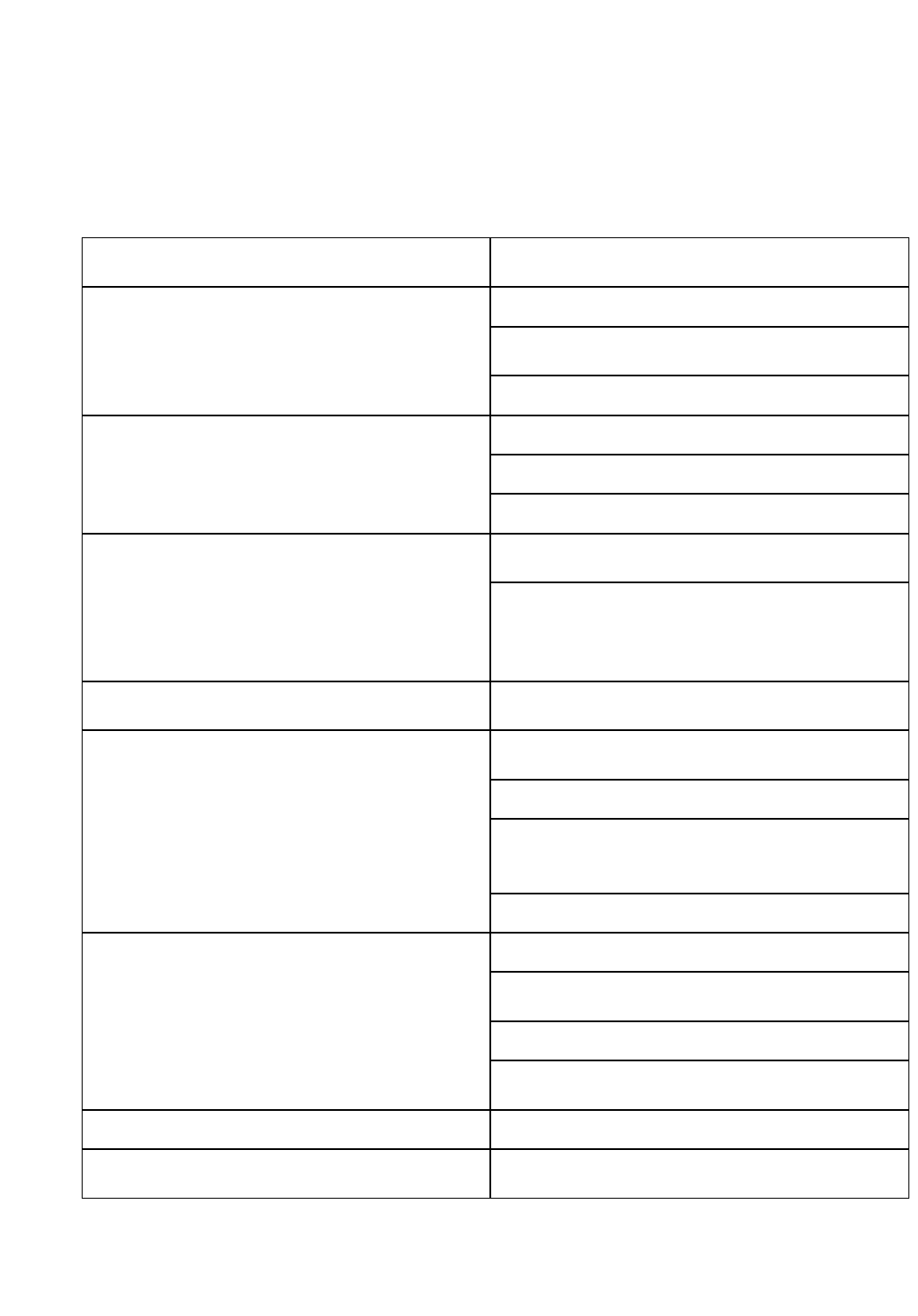
10
Remember to wash the defrost cleaner in hot soapy
water at regular intervals. Dry throughly before
replacing.
Freezer
When the frost has reached a thickness of up to
4mm it can be removed using the ice scraper
provided with the appliance. During this operation it
is not necessary to disconnect the appliance from
the mains and remove the food. Never use metal
tools for this operation.
For complete defrosting (once or twice a year)
proceed as follows:
- turn the thermostat dial to the «OFF» position (O)
or disconnect the appliance from the mains.
- Remove any food from inside the freezer and
fridge, wrap it in several sheets of newspaper and
store in a cool,dry place.
- Leave the door open and insert the ice scraper
under the channel in the centre of the lower part
of the appliance; place a low-sided container
beneath the scraper to collect the water (see fig.).
- Clean and dry thoroughly.
- Replace the scraper in one of the drawers .
- Reconnect the appliance to the mains or reset
the thermostat to a functioning position.
- After letting the appliance run for at least half an
hour, replace the food.
Important
When defrosting the freezer, the fridge is also
controlled by the thermostat and will not be
operational during this period. A temperature rise of
the frozen food packs, during defrosting, may
shorten their safe storage life.
Attention!
In the event of a power failure causing the
temperature within your freezer to rise, do not re-
freeze the food without checking its condition.
The following guidelines should assist you.
Ice-cream: once thawed should be discarded.
Fruits & Vegetables: if soft should be cooked and
used up.
Breads & Cakes: can be re-frozen without danger.
Shellfish: should be refrigerated and used up
quickly.
Cooked Dishes: i.e. casseroles should be
refrigerated and used up.
Large Pieces of Meat: can be re-frozen providing
there are still ice crystals remaining within them.
Small Joints: should be cooked and can then be re-
frozen as cooked dishes.
Chicken: should also be cooked and re-frozen as a
cooked dish.
D068/2
11
SOMETHING NOT WORKING
Symptom
No power to the appliance
The light does not come on
The temperature in the fridge or freezer section is
too high
The freezer door will not open
The compressor runs continously
Excessive frost and ice has built up
Noise
Water under the salad bin
Solution
Check there is power at the socket.
Check there is not a power cut by checking the
household lights.
Check the fuse has not blown.
Ensure that the bulb is correctly fitted.
Replace the bulb if it has blown.
Check the door light switch is not jammed.
Check the thermostat control knob is turned to the
correct setting relative to ambient conditions.
Check the ambient temperature is within the
appliance’s operating limits, please refer to the
installation section in this instruction book.
Relocate the appliance if necessary.
Has door just been opened? If so leave for a few
minutes to allow the air pressure to equalise.
Adjust the thermostat control knob to give correct
temperature control. See “Setting the temperature”.
Check that the doors are closed.
Large quantities of food have recently been placed in
the cabinet and/or door is frequently opened.
Check that air ventilation is not obstructed.
Ensure the doors are not left open.
Check that nothing is preventing the doors from
closing.
Is the door gasket intact and clean.
Has advised periodic defrosting been carried out.
Refer to normal operating sounds.
Check the drain hole is not blocked. (see
Maintenance and Cleaning).
Important: If you call out an engineer to a fault listed below, or to repair a fault caused by incorrect use or
installation a charge will be made, even if the appliance is under guarantee.
Before contacting your local Service Force Centre, check the following points:
Low room temperature operation
During prolonged periods of low room temperatures,ie;10°C and lower, the compressor on single compressor
fridge freezers can remain inoperative during this time .


















